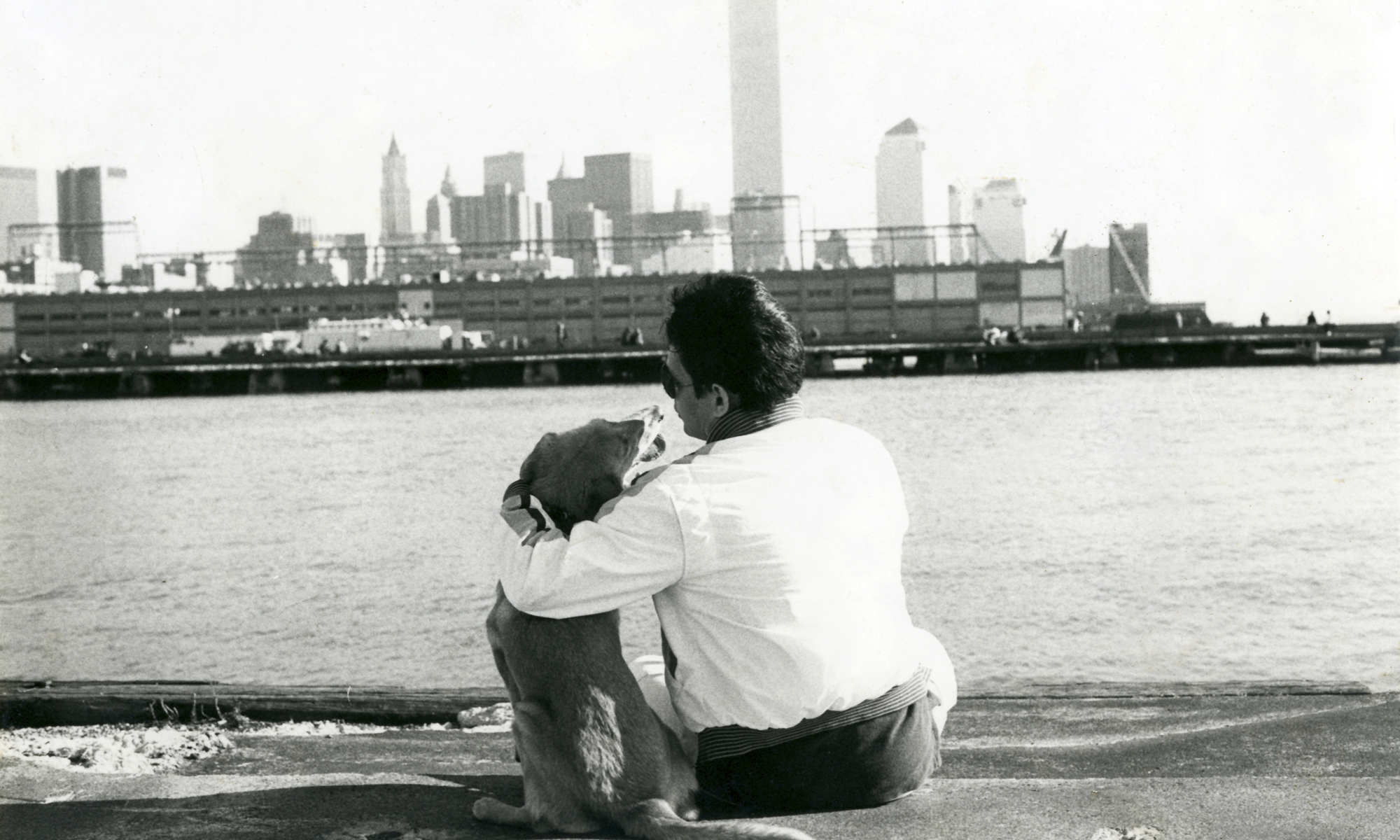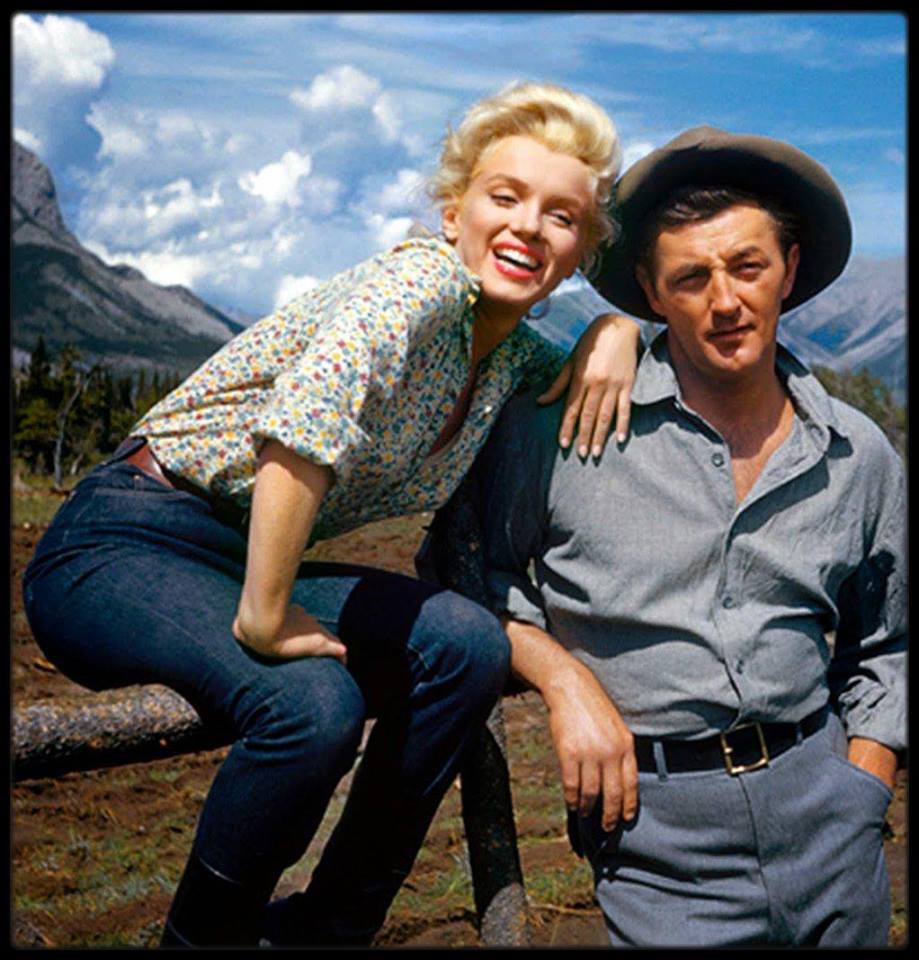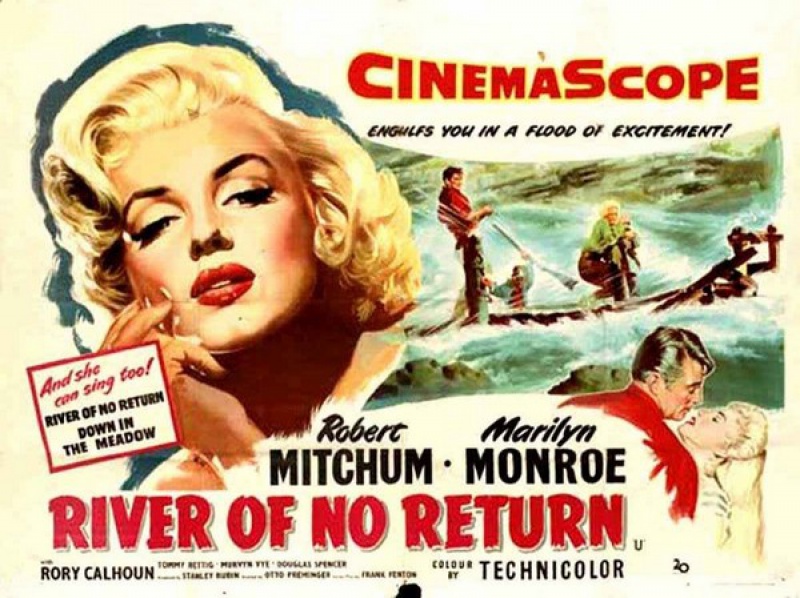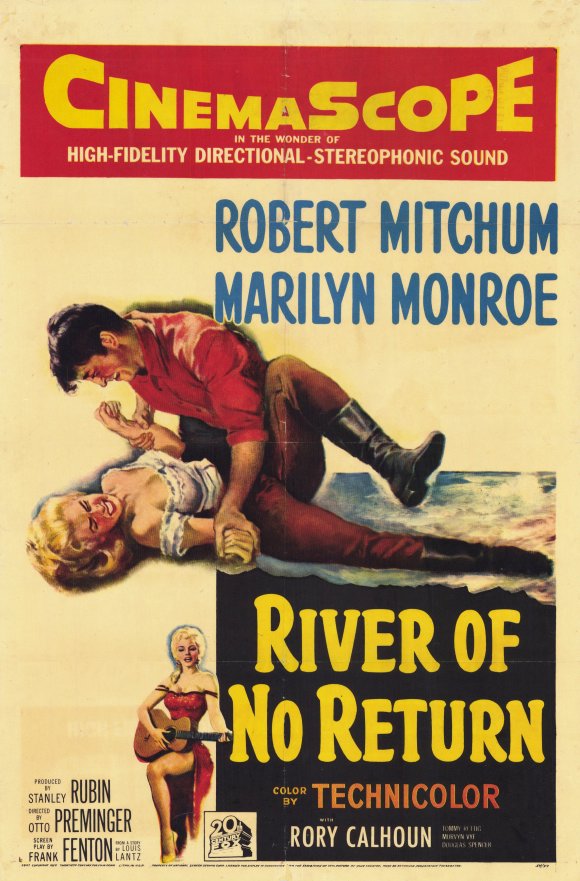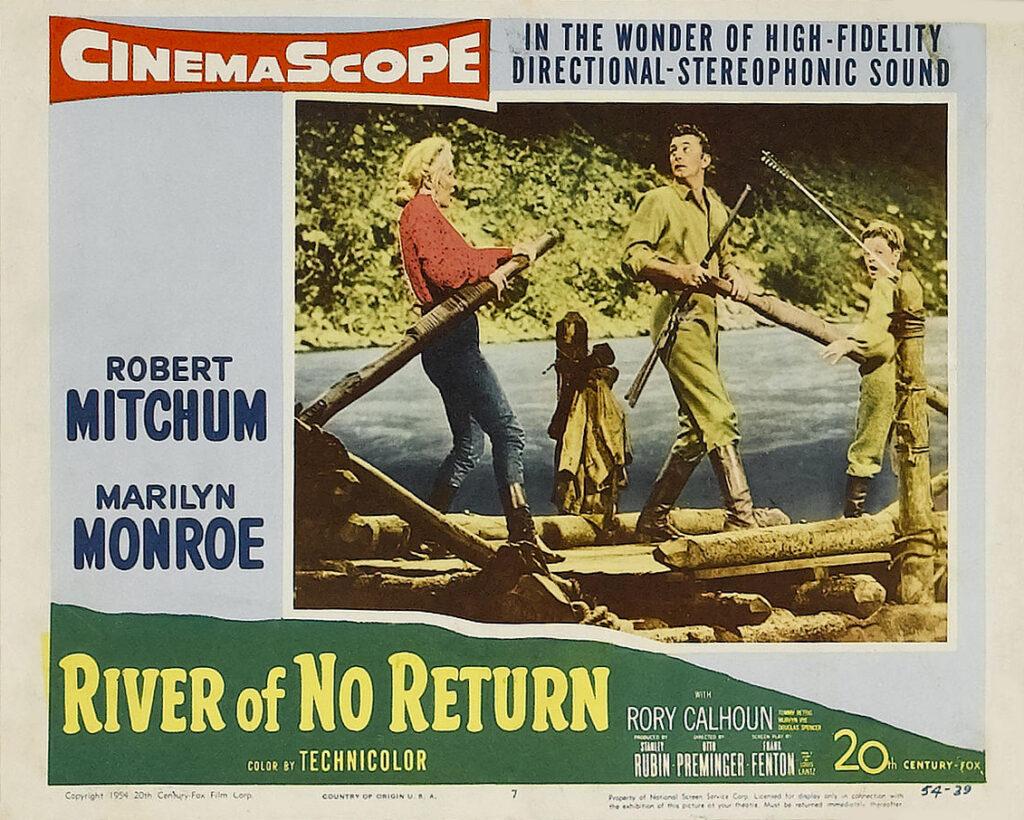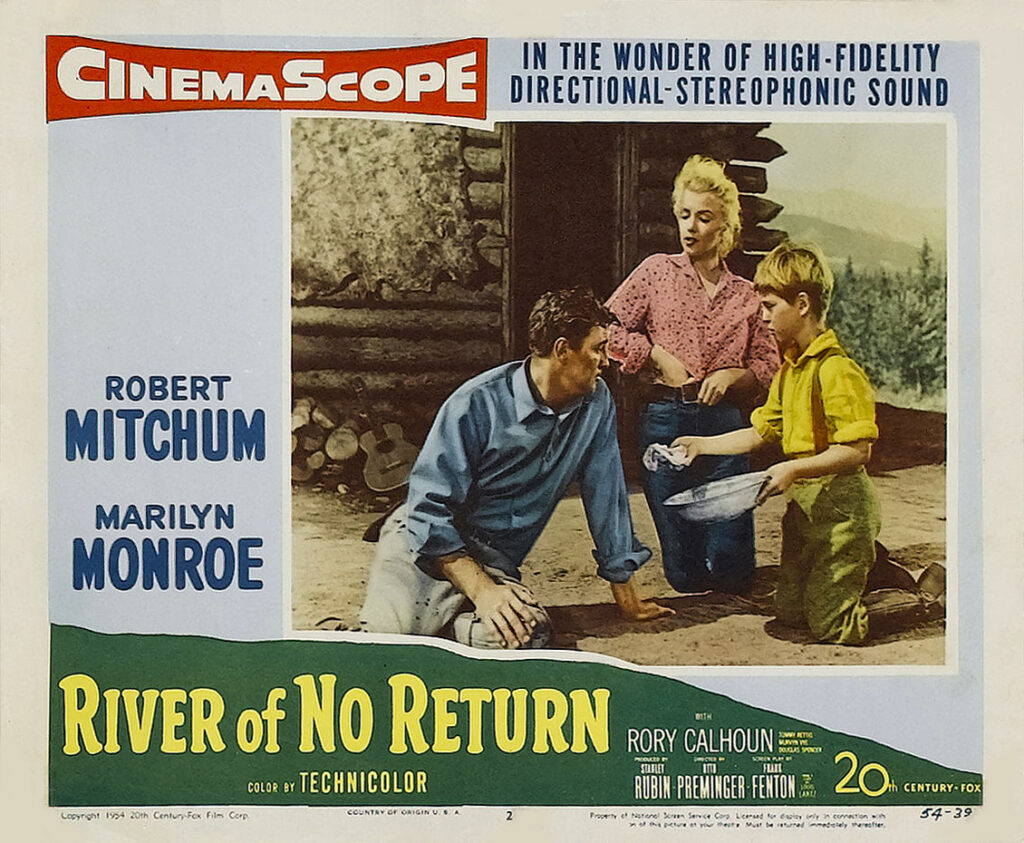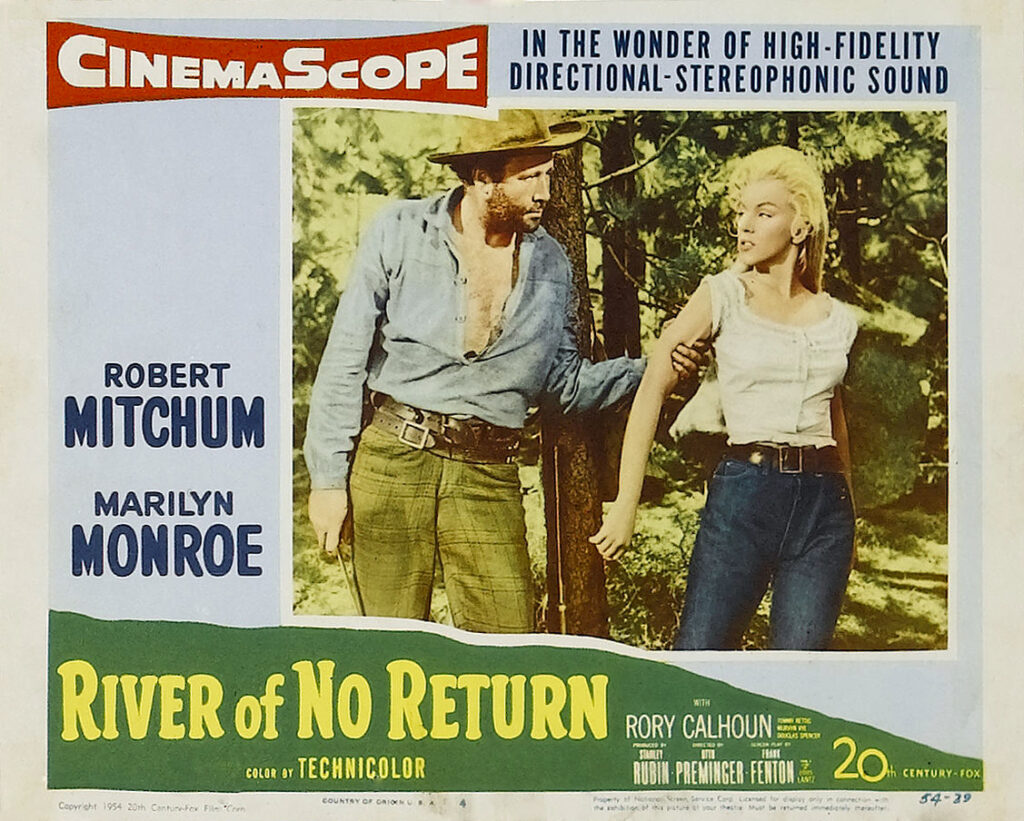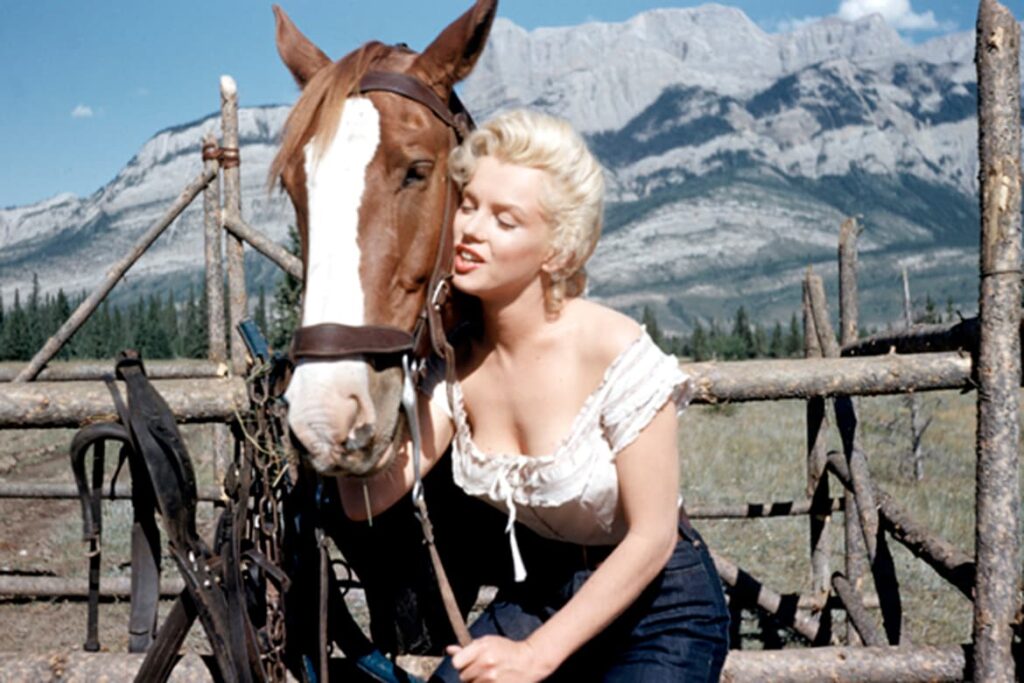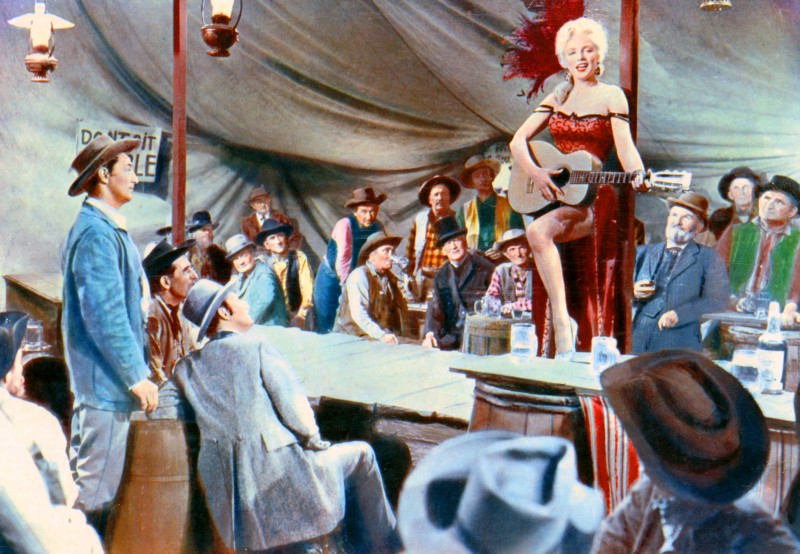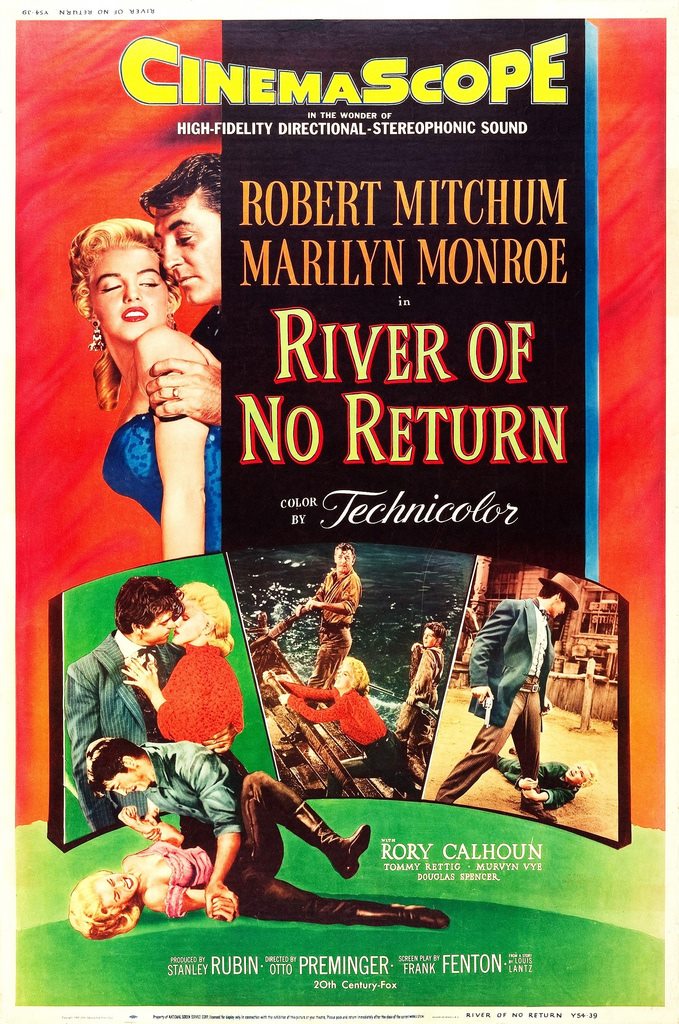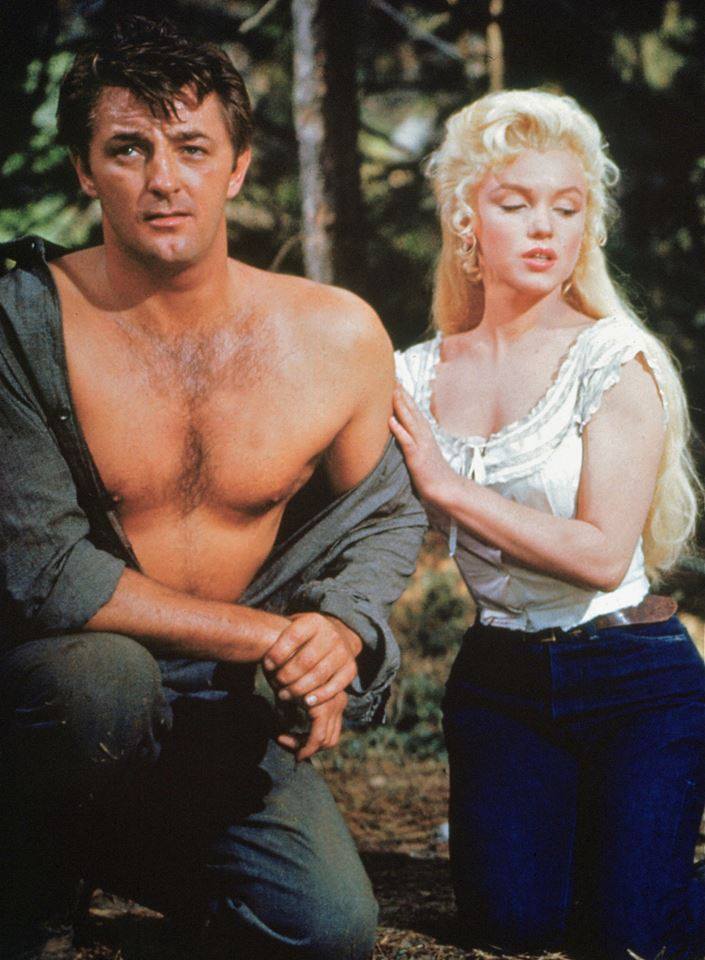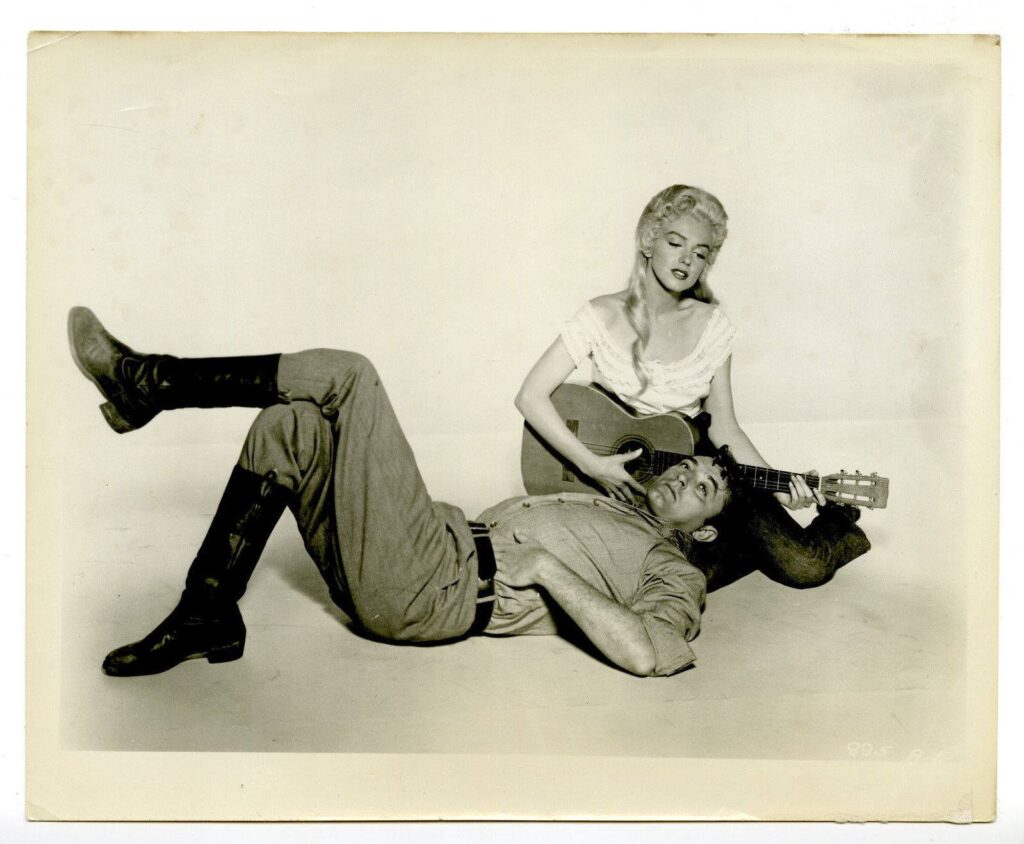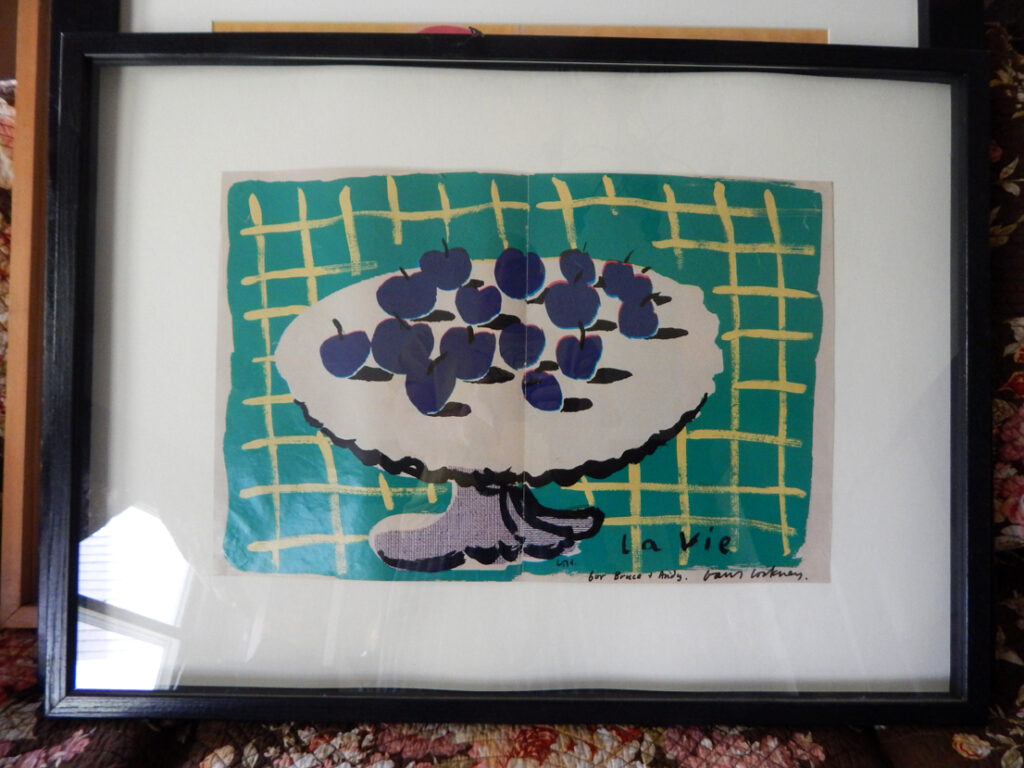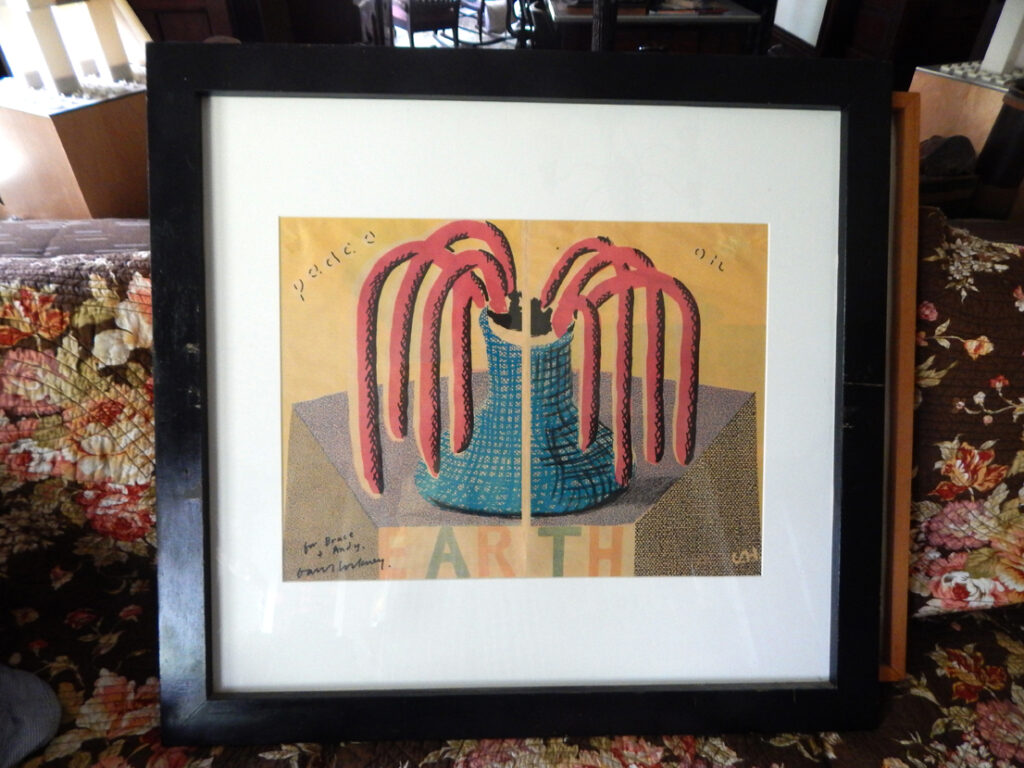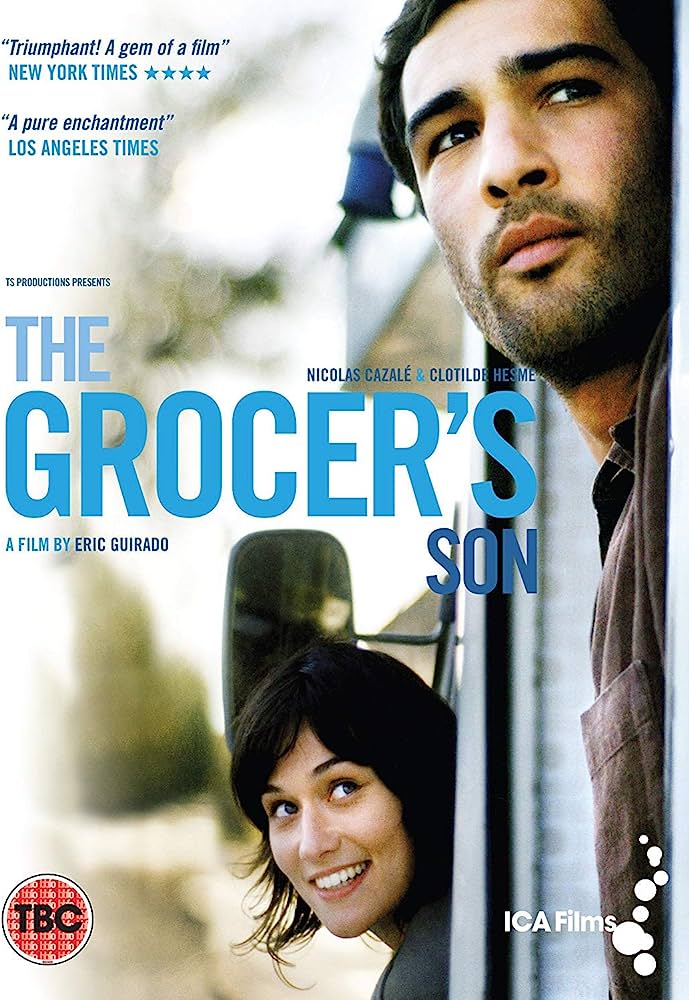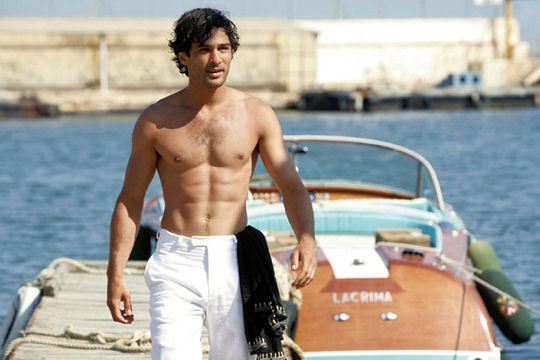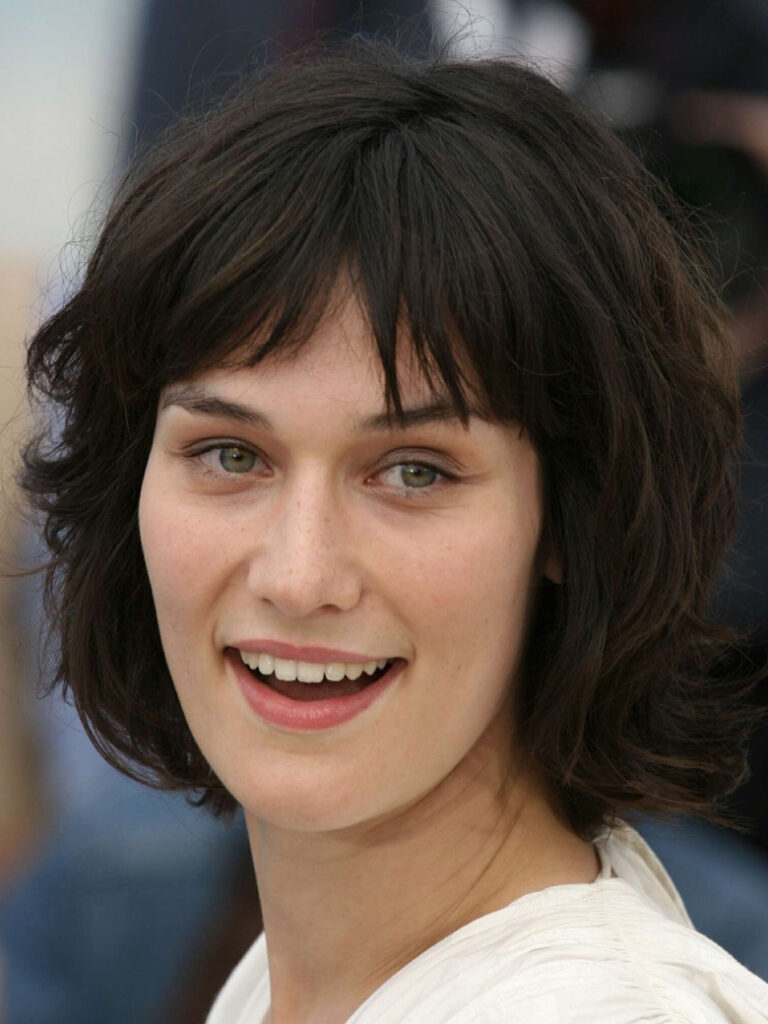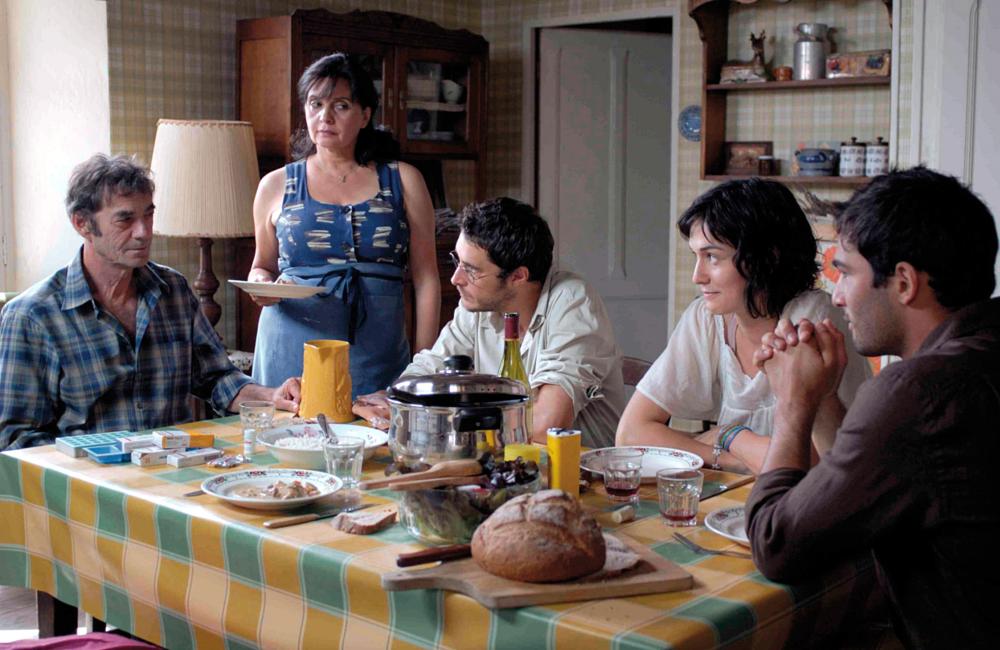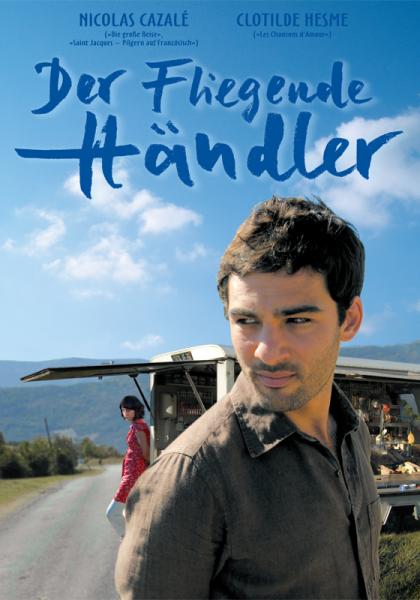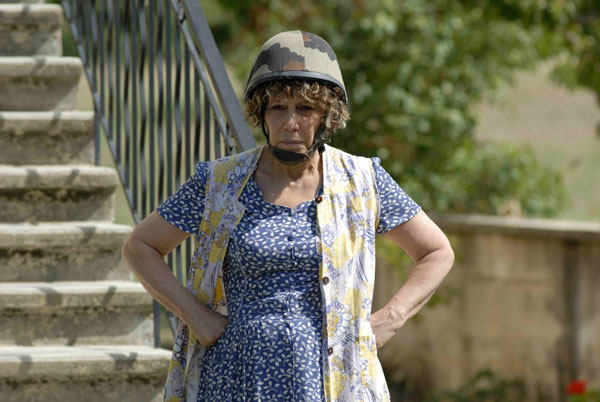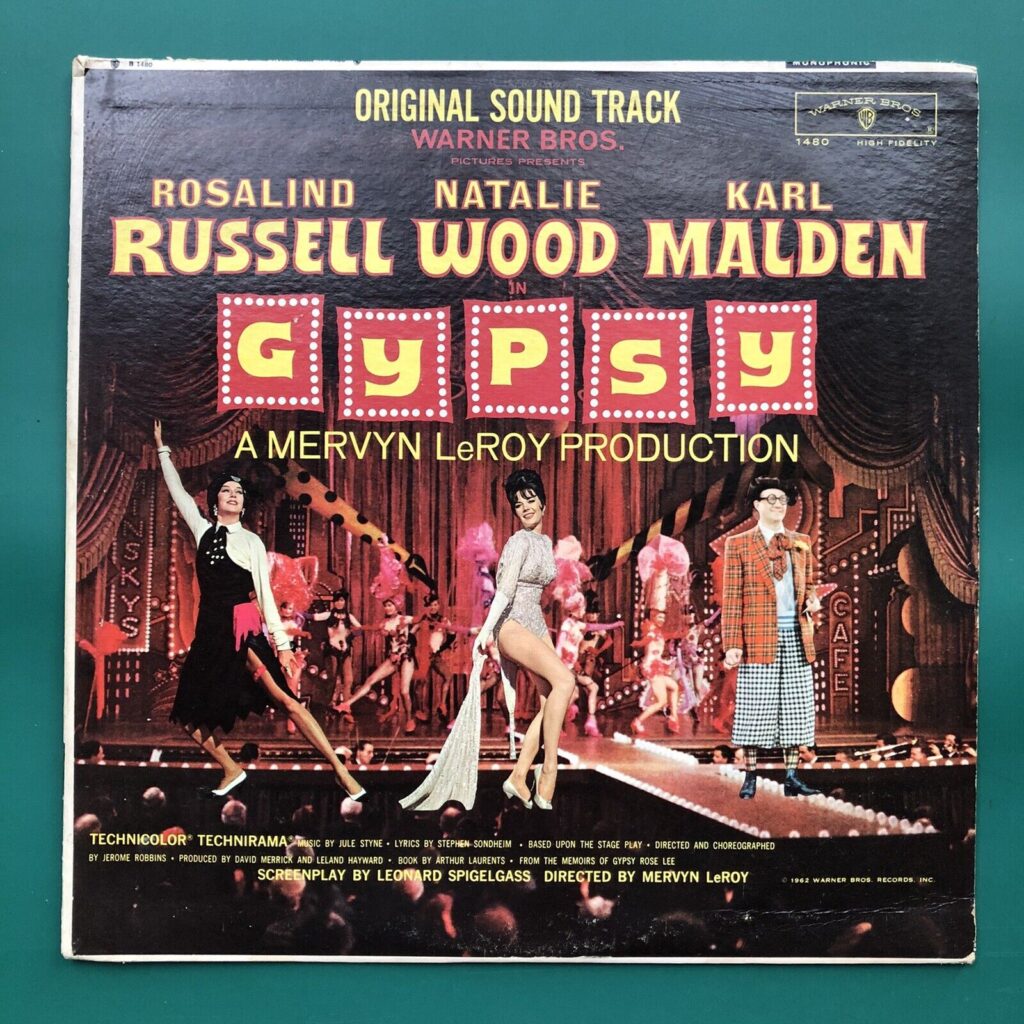
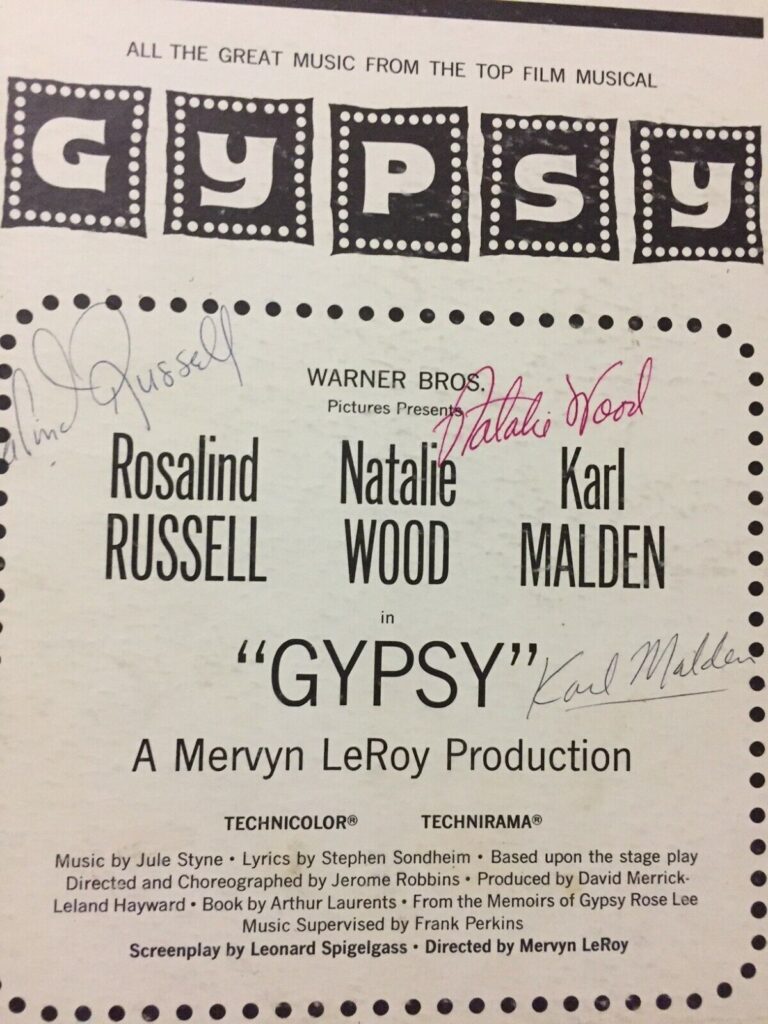
Wikipedia
Gypsy is a 1962 American musical film produced and directed by Mervyn LeRoy. The screenplay by Leonard Spigelgass is based on the book of the 1959 stage musical Gypsy: A Musical Fable by Arthur Laurents, which was adapted from the 1957 autobiography Gypsy: A Memoir by Gypsy Rose Lee. Stephen Sondheim wrote the lyrics for songs composed by Jule Styne. Determined to make her beautiful, gifted daughter June a vaudeville headliner, willful, resourceful and domineering stage mother Rose Hovick will stop at nothing to achieve her goal. She drags June and her shy, awkward, and decidedly less-talented older sister Louise around the country in an effort to get them noticed, and with the help of agent Herbie Sommers, finally manages to secure a booking on the prestigious Orpheum Circuit. Years pass, and the girls no longer are young enough to pull off the childlike personae their mother insists they continue projecting. June rebels, and elopes with Gerry, one of the dancers who backs their act. When the other dancers discover this, they also leave, presuming the act is finished. Devastated by what she sees as betrayal, Rose pours all her energy into making a success of Louise, despite her obvious lack of skill as a performer. Not helping matters is the increasing popularity of sound films, which leads to a decline in the demand for stage entertainment. Herbie sticks with mother and daughter through their struggles, vainly hoping that Rose will one day quit show-business and settle down with him. With bookings scarce, they find themselves in Wichita, Kansas, where a third-rate burlesque house books their act in hopes of keeping the vice squad at bay. Rose appears to mature while at the burlesque house, deciding that this will be their last booking and suggesting that she and Herbie finally marry. However, when one of the strippers is arrested for shoplifting, Rose is unable to resist offering Louise as her replacement. Louise reluctantly agrees to go through with it, though it’s clear she’s only doing it to please her mother. This becomes the final straw for Herbie, as he is disgusted at the lengths Rose will go as a stage mother and realizes that she will never marry him. He offers her one chance to give him a reason to stay, and when she fails, he leaves her for good. At first, Louise’s voice is shaky and her moves tentative, but she gains confidence as audiences respond to her, eventually blossoming as an entertainer billed as Gypsy Rose Lee. Exasperated by her mother’s constant interference in both her life and wildly successful career, Louise finally confronts Rose and demands she leave her alone. Understanding that she has spent her life enslaved by a desperate need to be noticed and has driven everyone away, an angry, bitter, and bewildered Rose stumbles onstage at the deserted theatre and experiences an emotional breakdown. Realizing Louise witnessed this, Rose admits she tried to live vicariously through her and June, allowing her to reconcile with her daughter Cast Rosalind Russell as Rose Hovick Natalie Wood as Louise Hovick/Gypsy Rose Lee Karl Malden as Herbie Sommers Paul Wallace as Tulsa Morgan Brittany (billed as Suzanne Cupito) as Baby June Ann Jillian as Dainty June/June Havoc Diane Pace as Baby Louise
